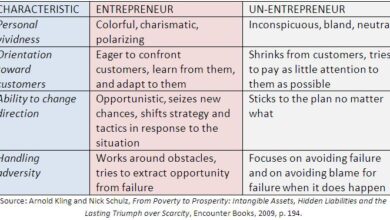Why entrepreneurship and business management should become a part of culinary education

In India, culinary education has traditionally been synonymous with teaching recipes and techniques. While this has turned out skilled chefs, the burgeoning food and beverage (F&B) revolution demands more. It’s time for our educational institutions to nurture not just chefs, but also culinary innovators and doers.
Fostering ‘thinking entrepreneurial chefs’ requires integrating robust business education, akin to MBA programmes, into culinary courses. The objective? To mould individuals who are as savvy in business management as they are in culinary arts.
Novel experiences
Today’s culinary enthusiasts aspire to craft novel culinary experiences, merging their passion for cooking with a keenness for management and entrepreneurship. Addressing their aspirations necessitates an educational model that marries culinary skills with real-world business applications. Theoretical knowledge, while foundational, must be complemented by practical experience.
Imagine culinary institutions operating real-world entities like restaurants, QSRs, or bakeries, entirely run by students, where they apply their lab-learned skills to manage the establishments, oversee profit and loss, and engage directly with customers. This model doesn’t just teach; it immerses students in the very fabric of the F&B business.
Central to this new educational paradigm are innovation and entrepreneurship labs. These hubs are not mere classrooms; they are breeding grounds for creativity and business acumen. Here, students conceptualise and develop their culinary ventures, receiving mentorship and connecting with potential investors. It’s a place where ideas meet opportunity.
Mirror the marketplace
For culinary education to keep pace with the F&B revolution, it must mirror the dynamism of the marketplace. Institutions taking this leap are already making strides but, to truly revolutionise the industry, this model needs to be the norm, not the exception. We need more innovators and entrepreneurs who can lead and inspire in the ever-evolving culinary landscape.
The Indian food and beverage industry is currently valued at over $50 billion and projected to grow exponentially in the next 5 to 10 years. This is fuelled by a burgeoning middle class, increased urbanisation, and a youthful population eager to explore diverse culinary experiences. In this context, the role of culinary education becomes pivotal. By 2030, as more Indians ascend into higher income brackets, their culinary preferences will evolve, seeking not just quality and variety but also innovation and sustainability. The demand for culinary professionals who can cater to these sophisticated tastes will skyrocket.
To meet this demand, our culinary institutions must evolve to create chefs who are entrepreneurial, innovative, and adept in the art of cooking and the science of business and can steer the industry towards a future marked by creativity, sustainability, and global recognition.
The writer is Founder and Managing Director, Indian School of Hospitality (ISH).
month
Please support quality journalism.
Please support quality journalism.



